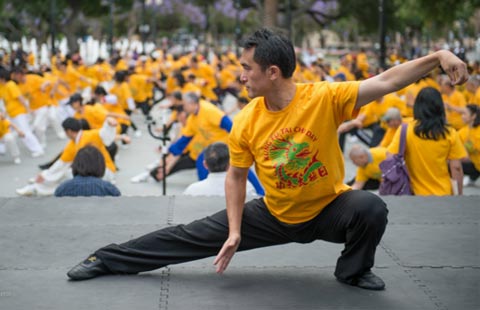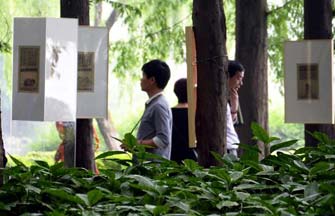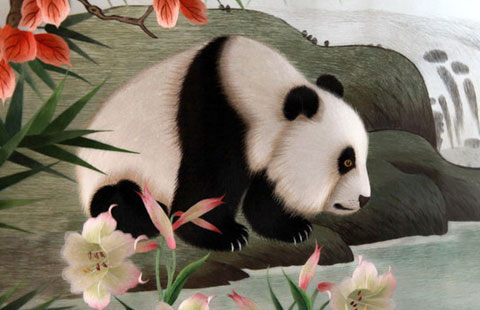Exploring loneliness through a lens
By Mariella Radaelli ( China Daily ) Updated: 2014-05-21 09:29:47Xing's work still conveys a sense of loneliness and drama and uses both urban and personal space that are hallmarks of a hyper-technological society.
"Humans are not meant to be alone; it is natural to crave human companionship," she says. "But loneliness, nowadays, is a fact, a phenomenon in larger cities.
"In this sense, Beijing is having the same problems as New York, which is well known as a city of singles. This affects the lives of everyone in big cities."
In another well known series, Urban Fiction, however, loneliness is no longer a problem. In this work, Xing explores how human beings can deal with loneliness. "It depends on your attitude toward loneliness. You must consider yourself as your own partner; you need to find in yourself your own 'angel of love', be single or alone but not lonely.
"I have reached that kind of state. I enjoy being alone very much now. Yes, I have transformed loneliness into solitude."
But Beijing "doesn't do so well in environmental performance", she says. "Pollution is the current problem. It can affect your health, while the continuous expansion of the city into a 'mega-metropolis' is creating another issue: human isolation."
Xing endorses President Xi Jinping's reforms. "I really appreciate his efforts, his courageous reforms which involve an enormous financial investment. I think Xi is truly bringing about radical changes in Chinese society. Looking at what he is doing, I am optimistic. He is fighting against environmental problems and corruption. He is very much determined to confront these issues head on."
Xing left a solid career in painting to embrace photography. "I didn't even have a camera at the beginning. I didn't even have enough money to buy one," she recalls. "So, one day, when I was 17, I bought a photography magazine instead. It contained a couple of pictures that really impressed me, especially a very original black-and-white picture that triggered my love for photography."
|
|
|
|
|
|
|
|
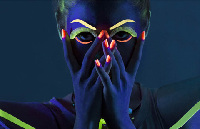
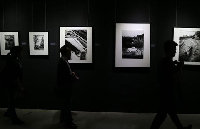
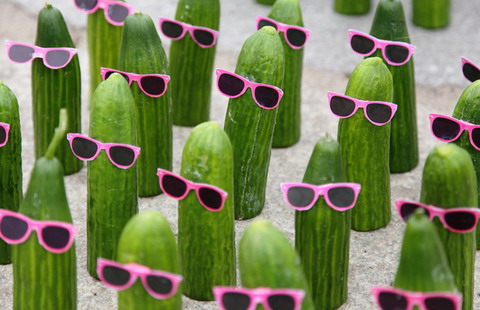

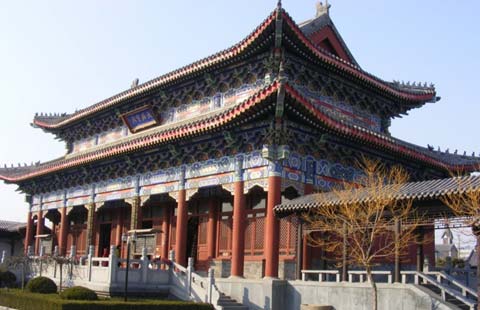
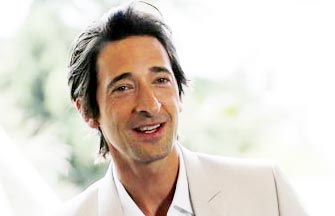

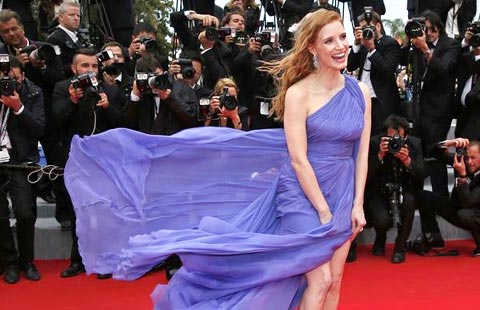




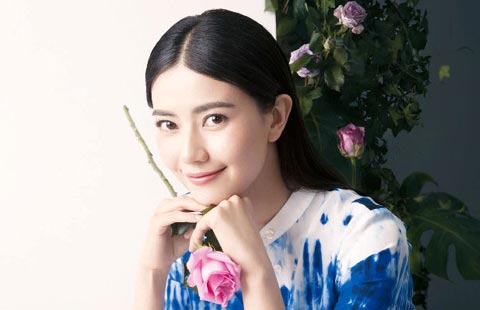


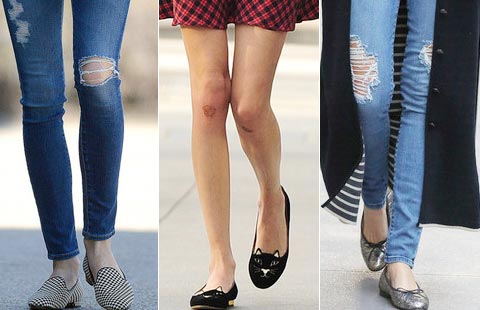
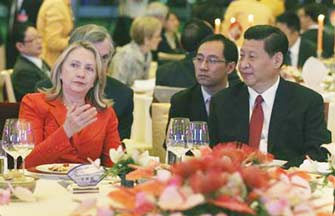



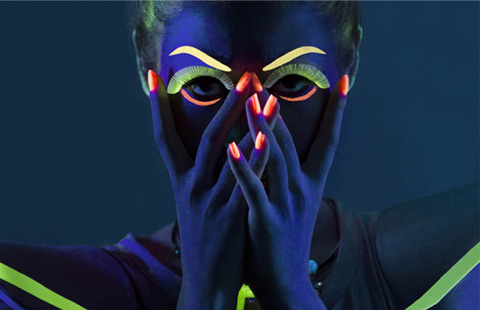




 Raymond Zhou:
Raymond Zhou: Pauline D Loh:
Pauline D Loh: Hot Pot
Hot Pot Eco China
Eco China China Dream
China Dream China Face
China Face
